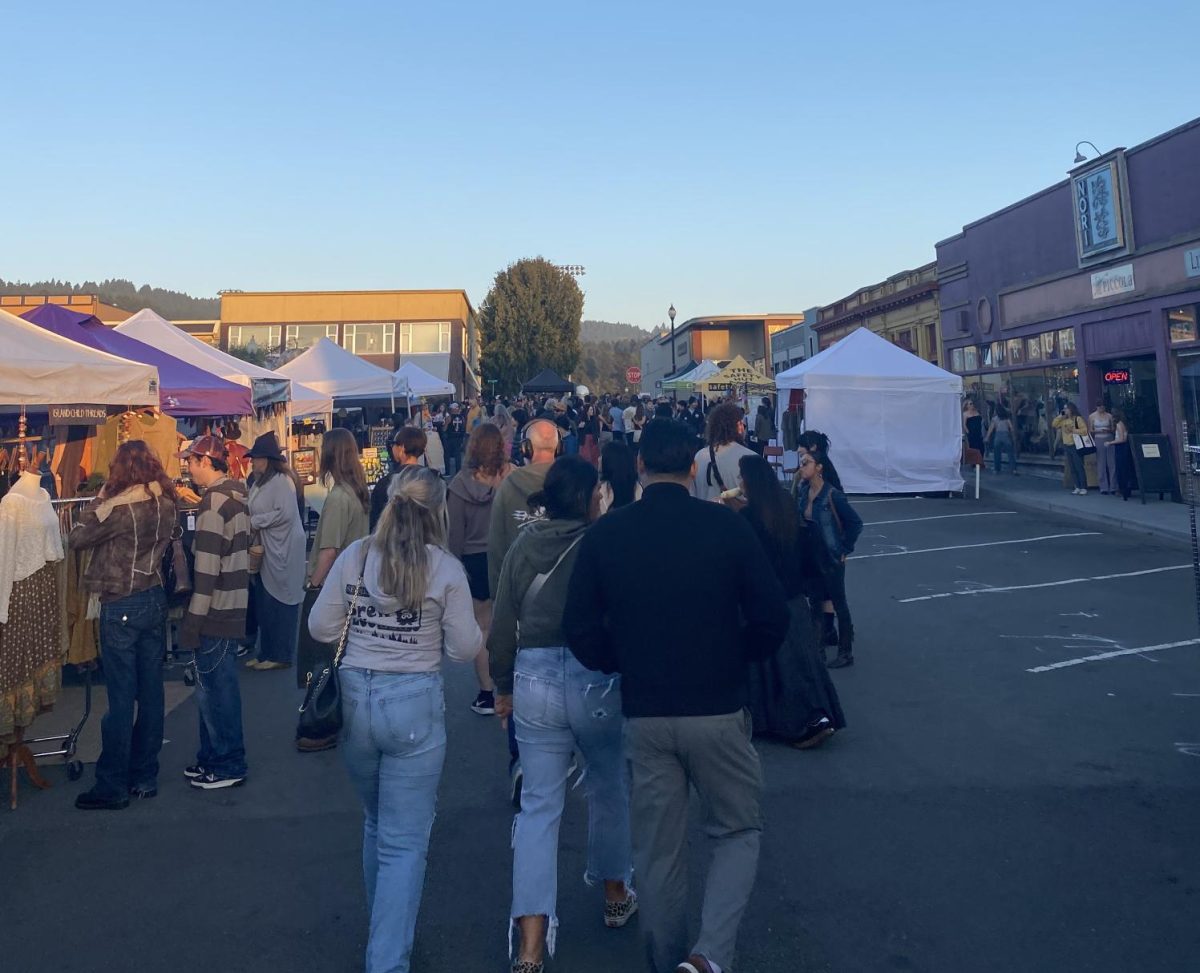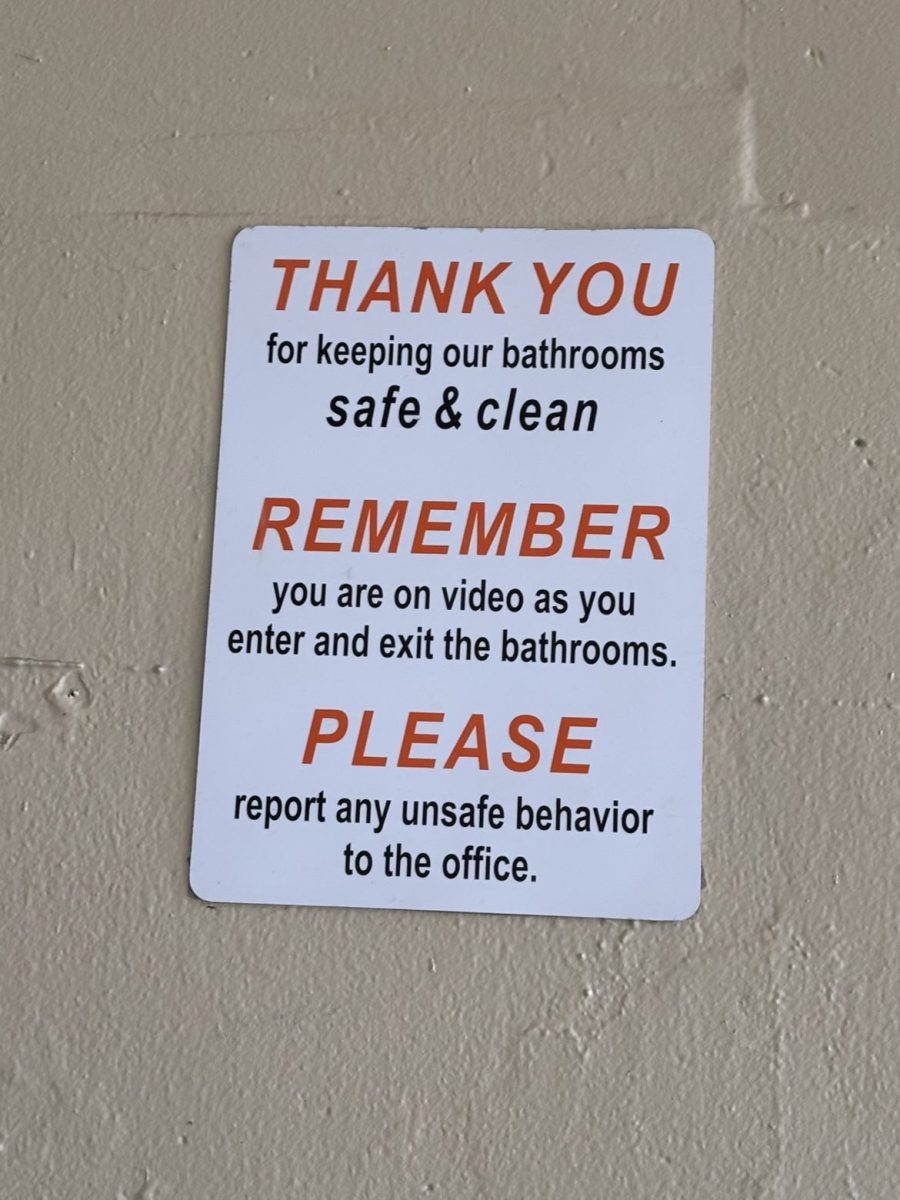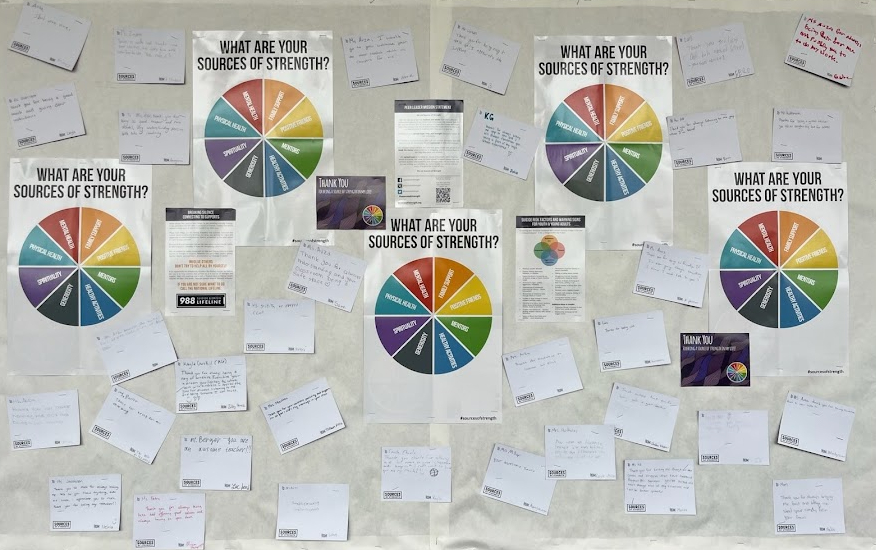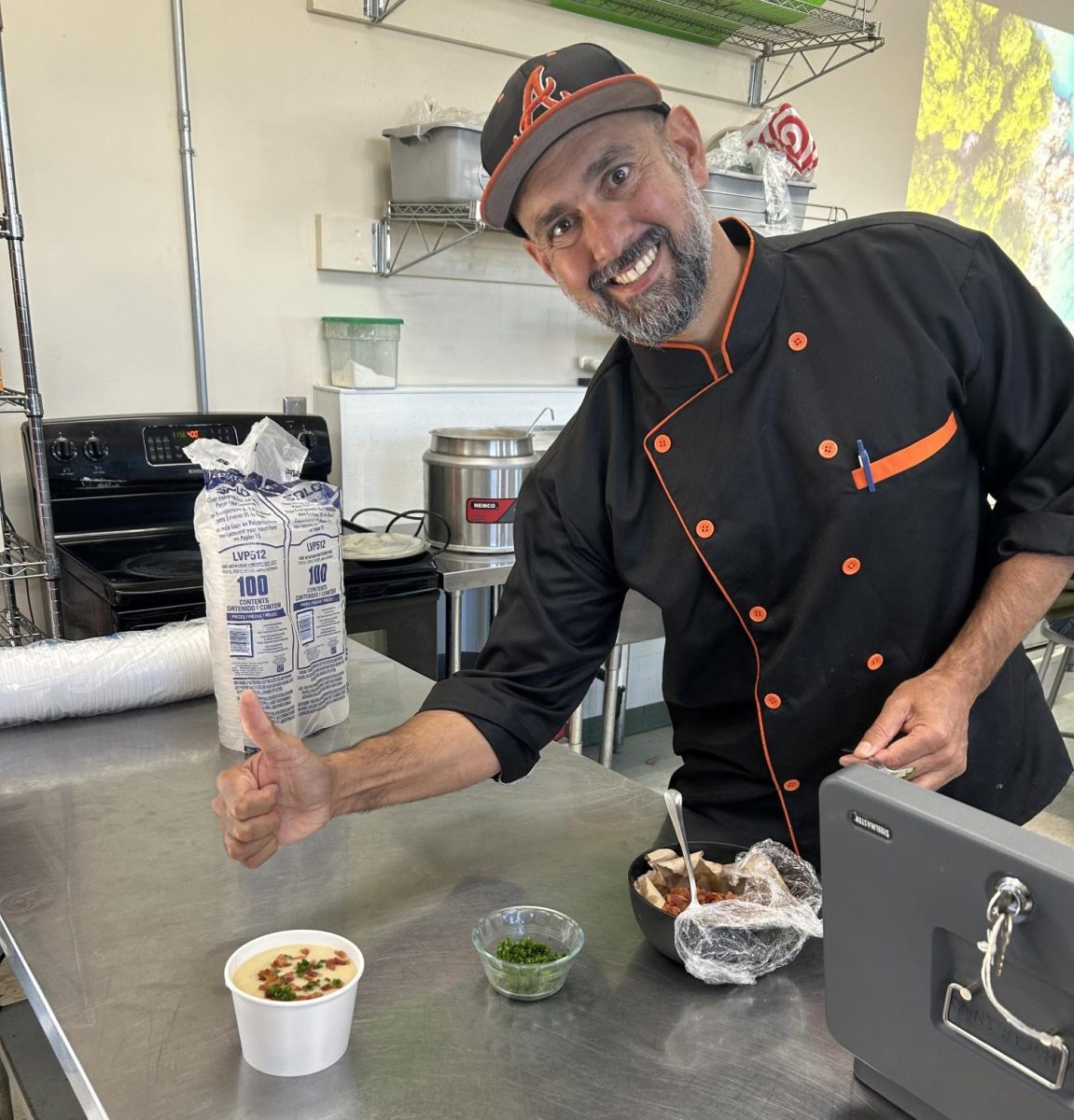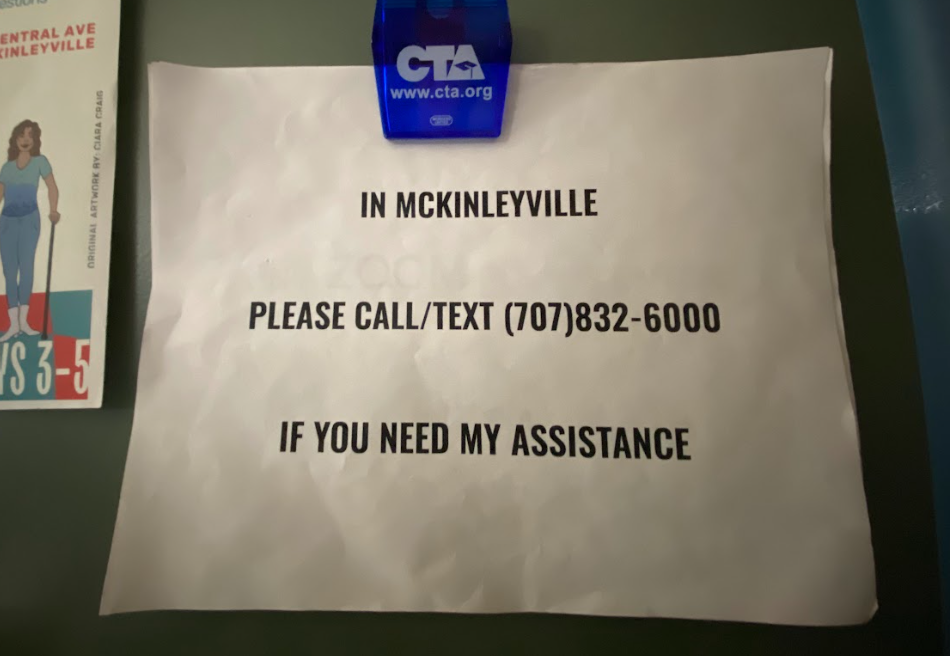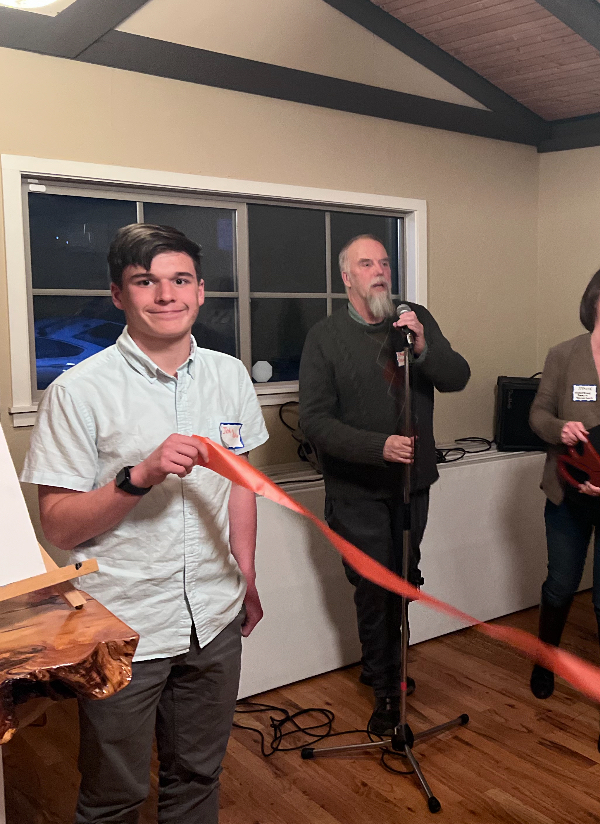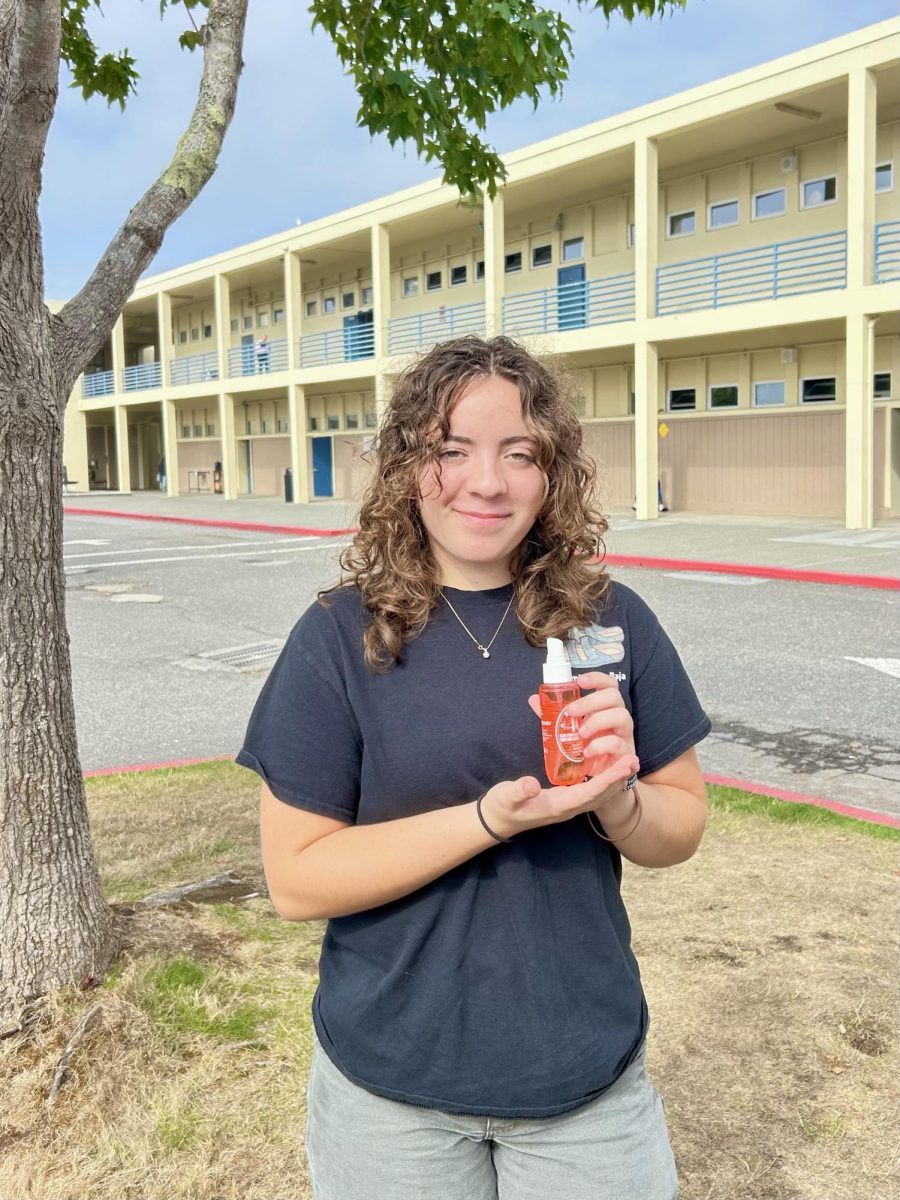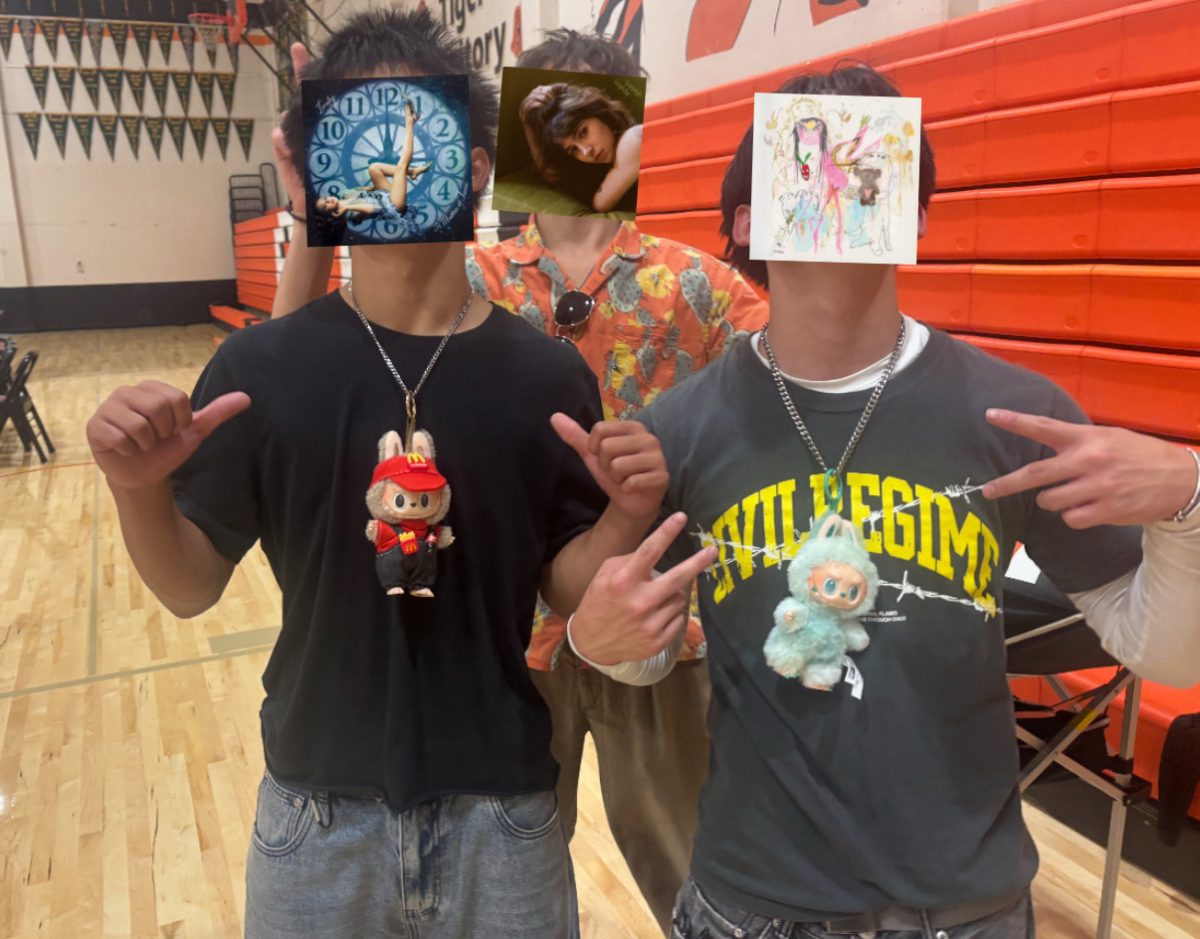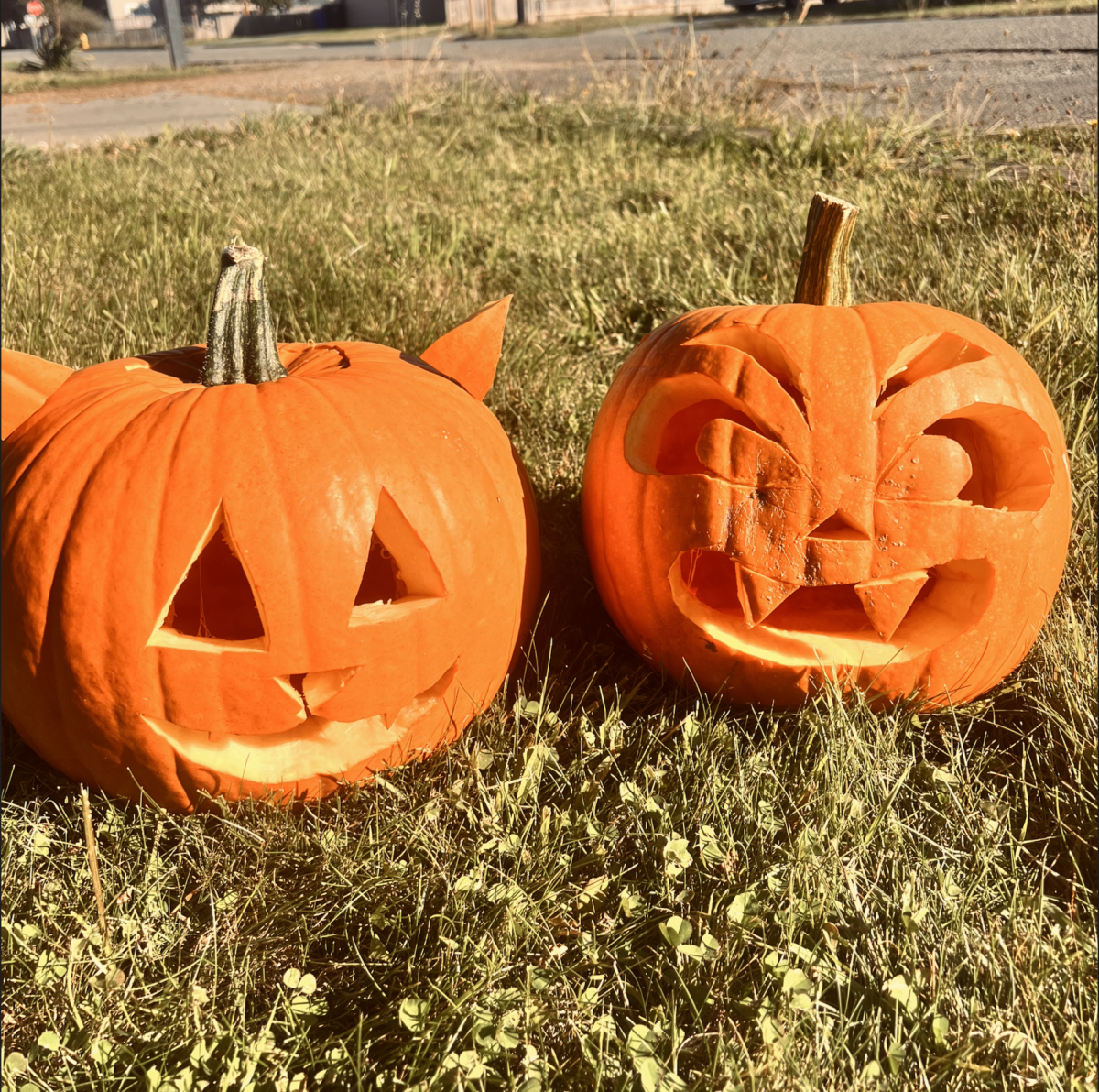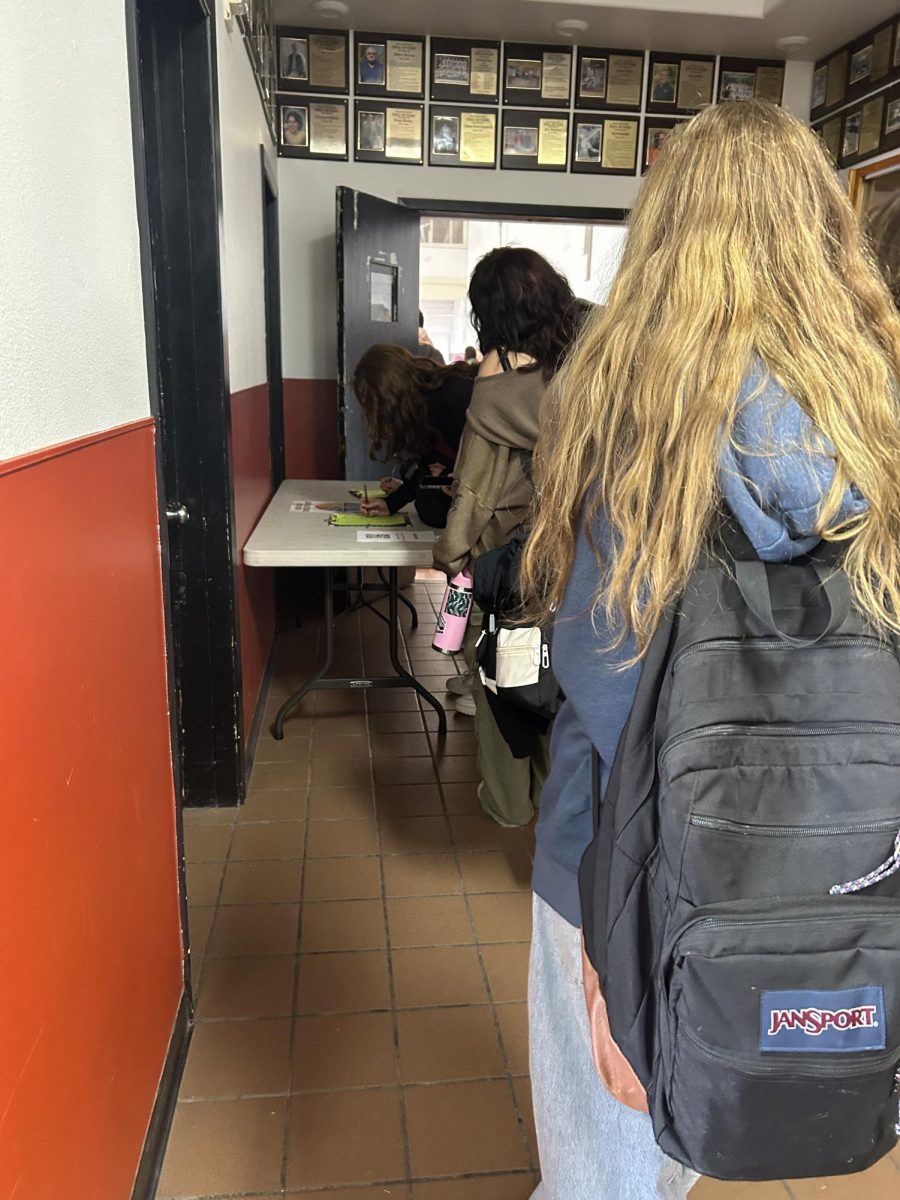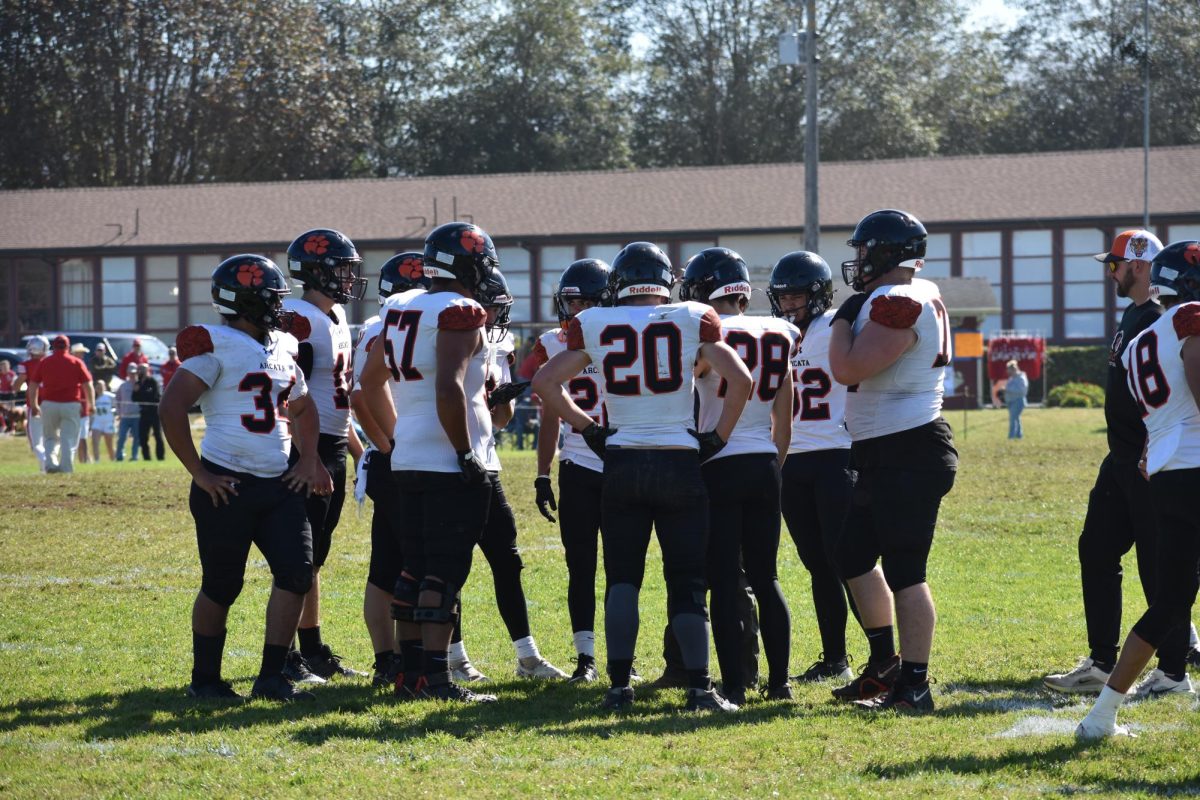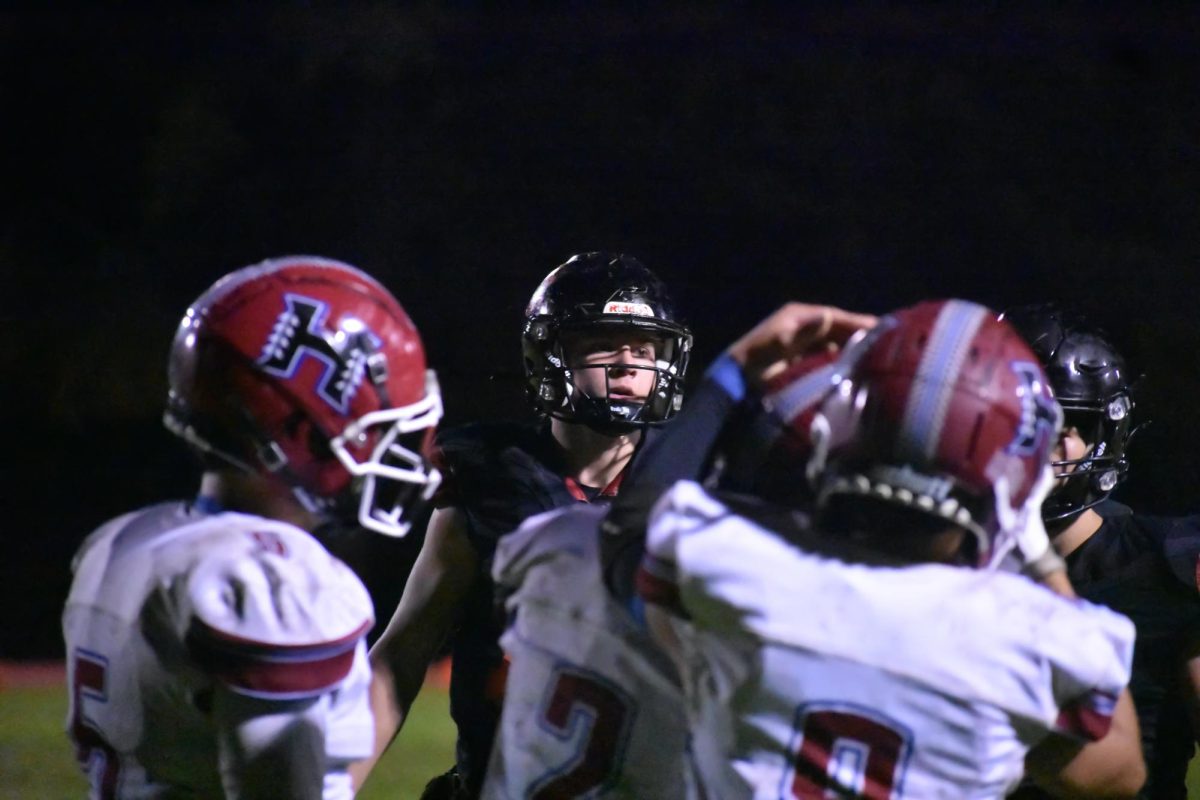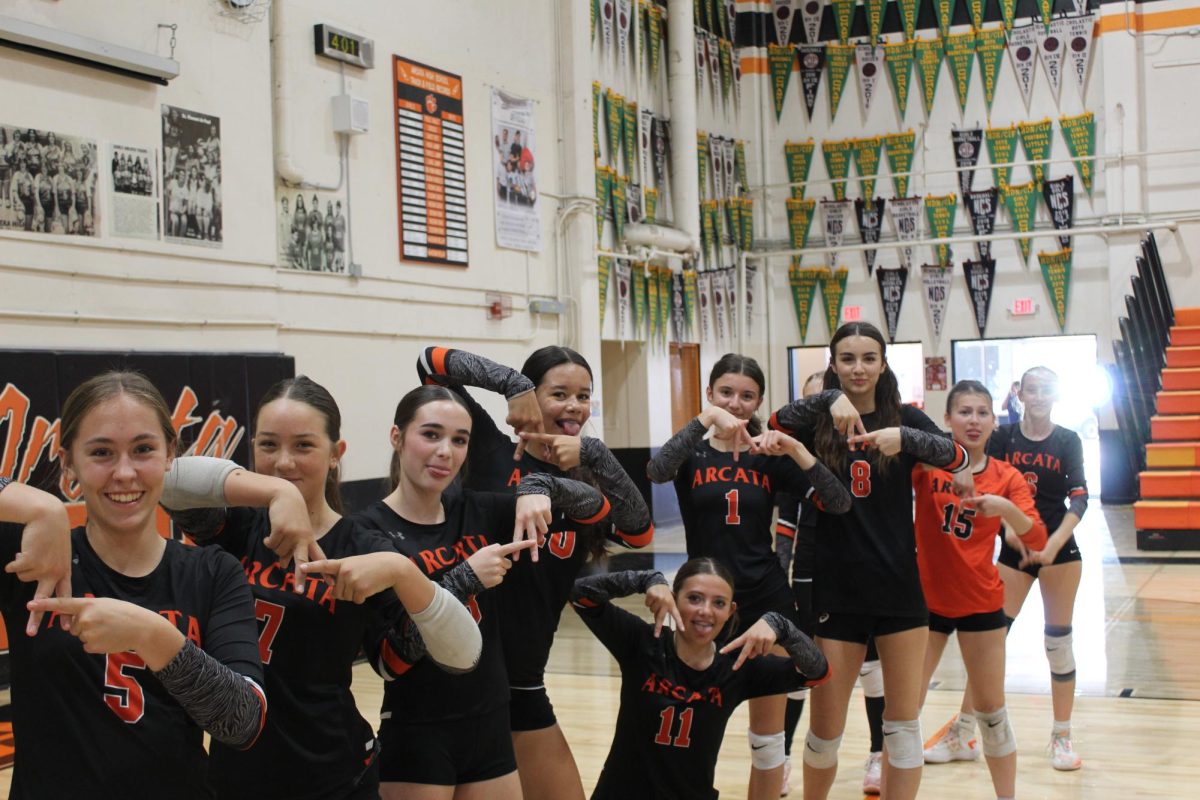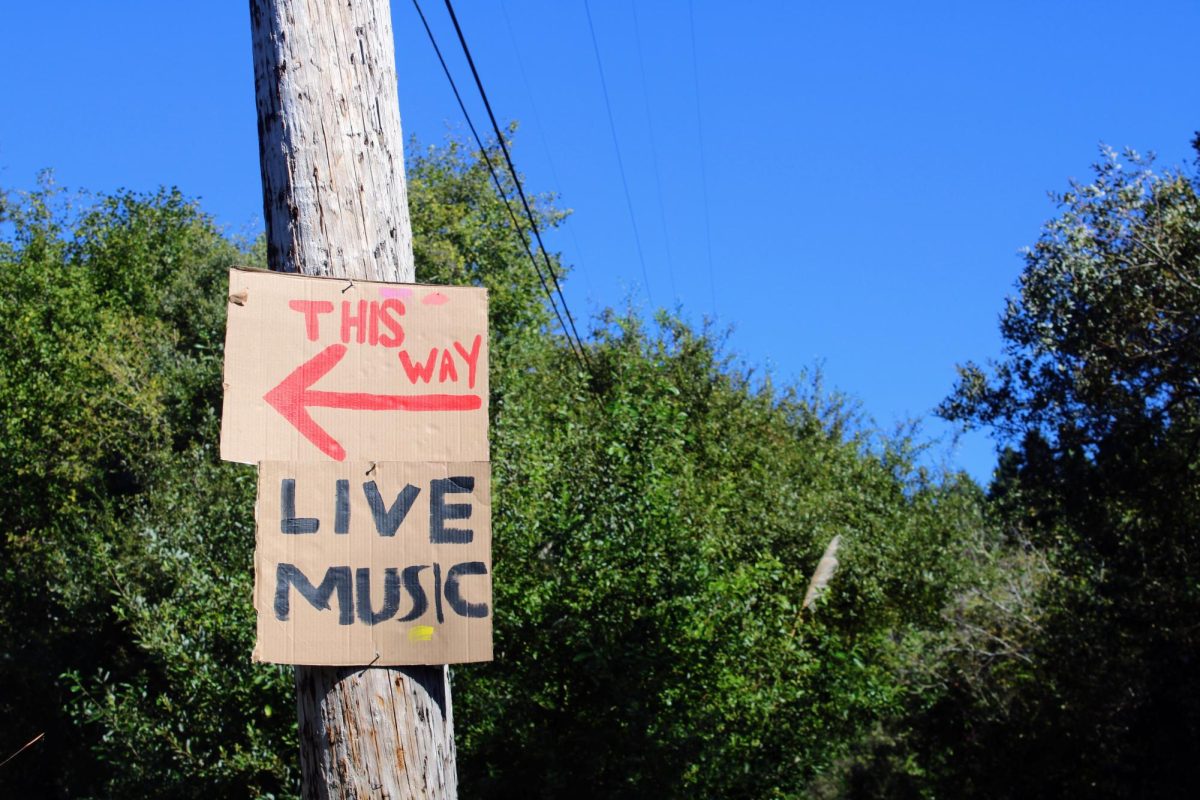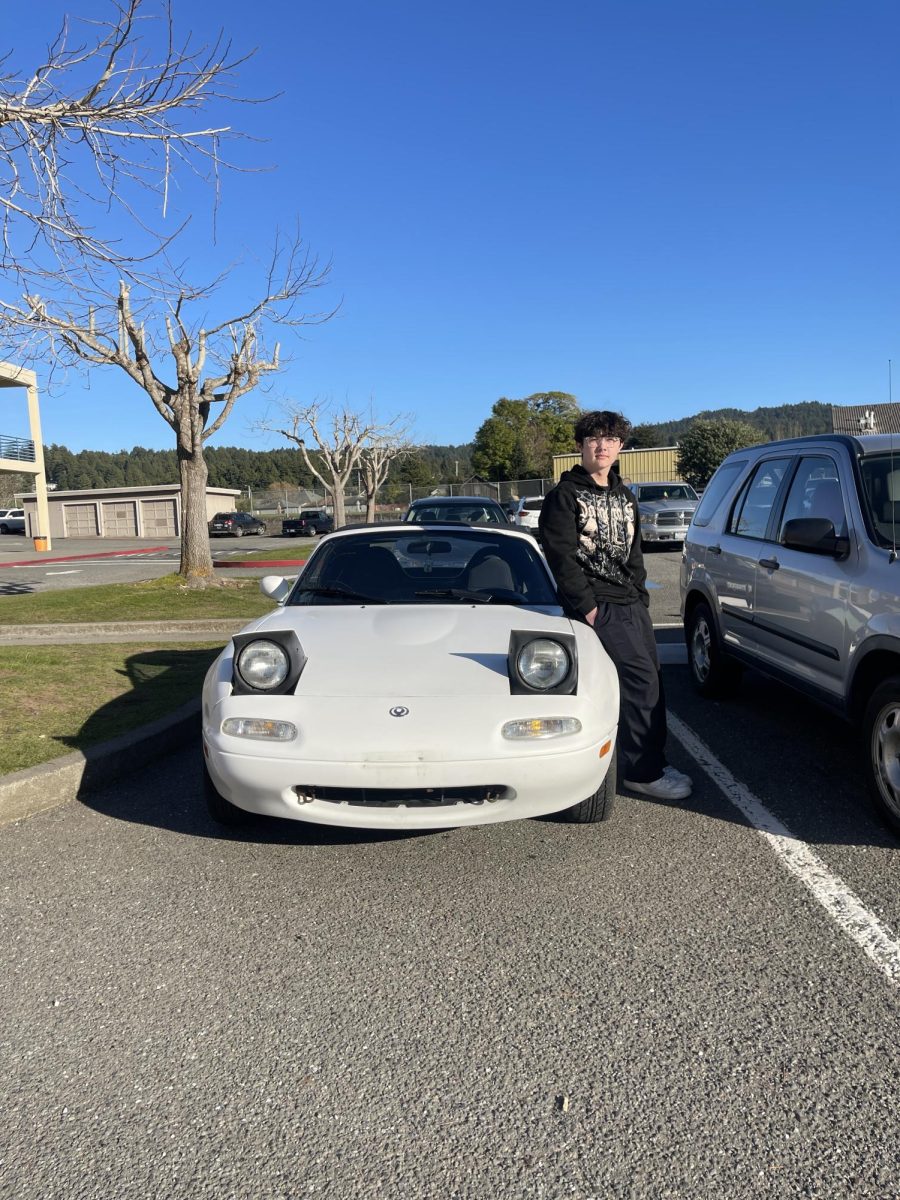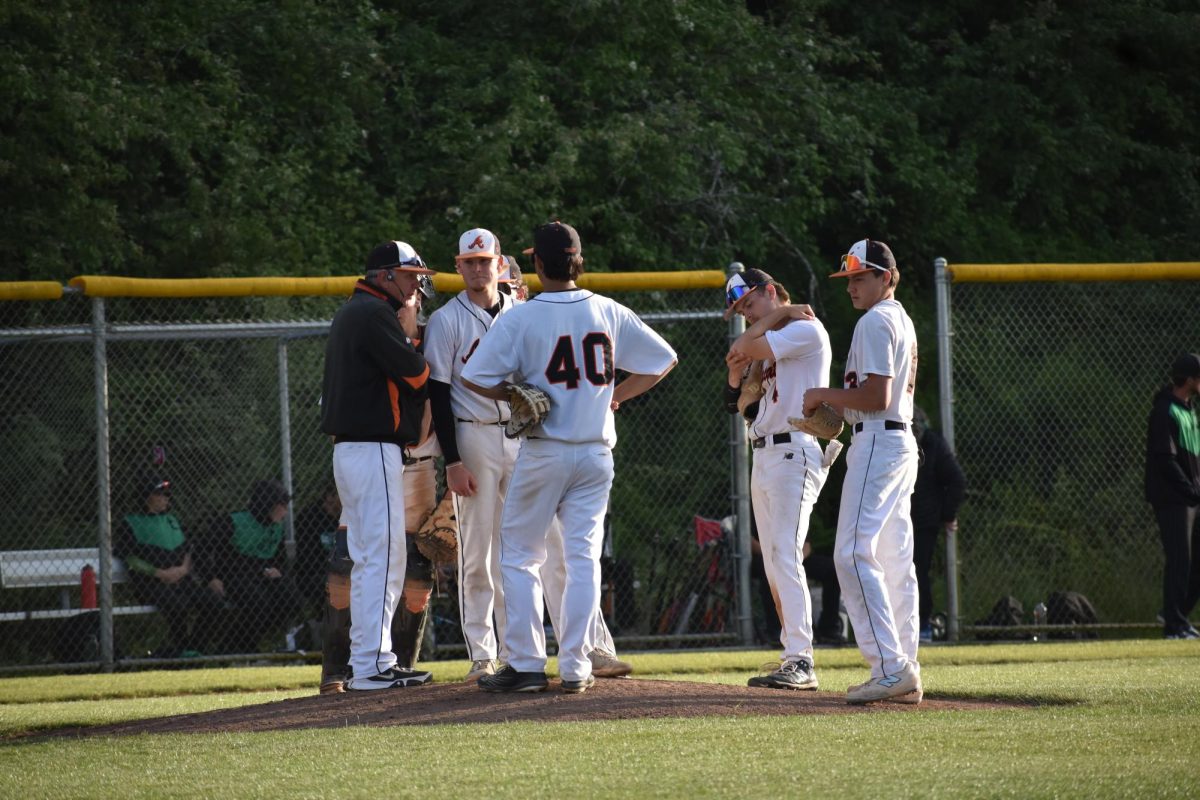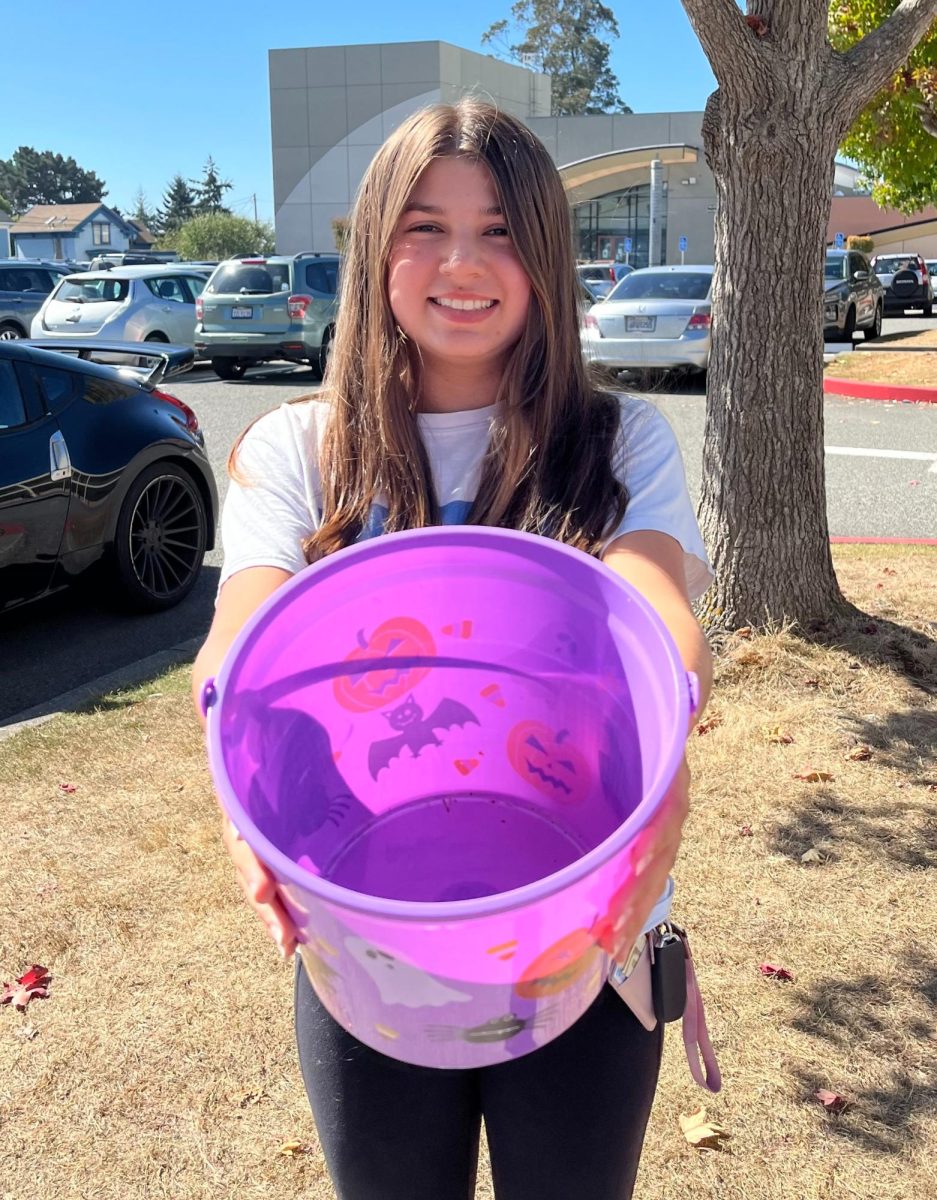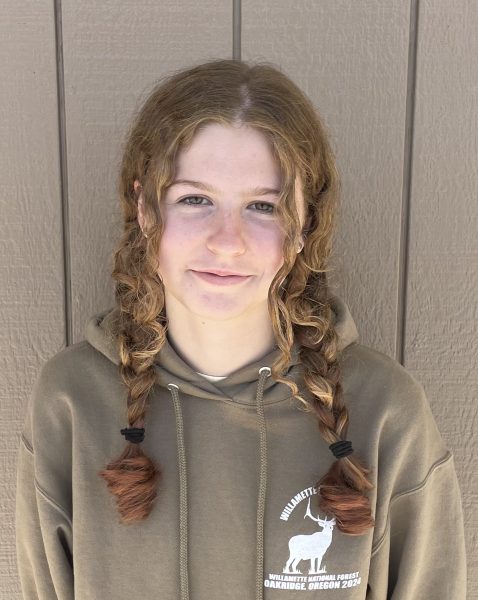As leaves turn brown, the goriest of plastic decorations go up, and teenagers across the nation spill onto the streets of neighborhoods, an unsettling voice calls from the distance:
“Aren’t you too old to be trick-or-treating?”
The proper age to stop trick-or-treating and adopt more mature Halloween activities has long been debated, the cut-off being somewhere around the beginning of high school. However, the consensus among students at Arcata High is the opposite.
Despite now being in high school, freshman Levi Scaglione has plans to trick-or-treat this month.
“I used to go for the candy, of course,” Scaglione said, “but now I think I go for an excuse to hang out with friends, or make friends, or just to have fun.”
For many teenagers, trick-or-treating is more than an opportunity for free candy. As both a social event and an occasion to act like a kid again, many high schoolers carry out the tradition to hold onto that feeling for as long as possible.
Junior Jayla White has no plans to break her trick-or-treating streak while she’s still in high school. Her proximity to adulthood—and what certain adults have to say about that—has done nothing to deter her from the activity.
“[In high school] I won’t be legally an adult,” White said. When questioned in the past about whether she’s too old, she has confidently said, ‘Nope!’
For those teenagers who carry on trick-or-treating, encounters with people who believe in an age cutoff only get more frequent throughout their time in high school.
A couple of years ago, sophomore Sonya Chisholm received an apple while trick-or-treating due to her age, and was informed that the candy was being saved for younger kids. She was able to laugh over the encounter, but that doesn’t mean that she agrees with the mentality.
“I feel like if someone’s putting in the effort to put on a costume and go trick-or-treating, [they should be able to go],” Chisholm said.
Scaglione shared a similar mindset.
“I think that those types of people, they’re trying to make a certain experience for certain people,” Scaglione said. “They don’t understand that that’s something [teenagers] will continue to do for fun, for the same reason that younger kids would.”
Instead of criticizing someone for their preferred fall activities, it is time to acknowledge trick-or-treating holds just as much significance in the lives of high schoolers as those younger.
“We may be teenagers,” White said, “but we’re still kids.”


